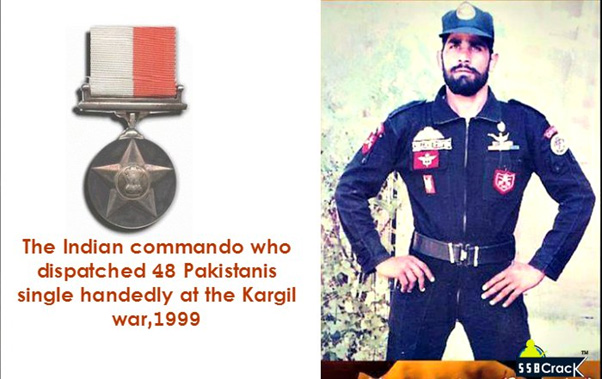Gender inequality has been an issue since India took birth and Maneka Gandhi’s comment about paternity leave reflects that it still has sharp Canines.
It all started on August 11, 2016. After continuous complaints from women working in the private sector regarding the refusal that they faced when they asked for maternity leave, the Parliament passed the Maternity Benefit (Amendment) Bill 2016 which increased the period of leave for new mothers from existing 12 to 26 weeks. India, thus, joined an exclusive league of 42 countries where maternity leave exceeds 18 weeks.
But the leverage that BJP could have gained from this amendment was nullified by the statement of the Women and Child Welfare Minister, Mrs. Maneka Gandhi. In an interview to Indian Express, Mrs. Gandhi said, “Paternity leave can be considered only if men avail their sick leave for a month to take care of the child. Let me see how many men do that. I will be happy to give it but for a man, it will be just a holiday, he won’t do anything.”
The question that strikes me after reading the statement is – is the concept of paternity leave silly? Is taking care of the child the responsibility only of the mother? Is the father not important in a child’s life?
Pregnancy is physically damaging to a woman. Even the most natural birth leaves a woman with a number of health issues. Her uterus contracts, her muscles return to normal and the body undergoes a number of hormonal changes and this recovery takes time. Caesarean births are a fairly major piece of surgery and require significant recovery time. And at this stage, when the mother can’t even take care of herself, when she does not even have the power to put her feet on the ground, we cannot expect her to take care of the new born baby.
Immediately after birth is a time when a woman needs all the support and attention she can get. More importantly, she needs to get it from the person she’s going to be raising the child with. When she becomes a mother, a woman looks to the future and knows her world will never be the same again; she needs to know that she’s going to have someone with her at every step of the way.
And this is where the father has a huge role to play.
Probably, though the world has changed, Mrs. Gandhi’s mentality towards Indian men is the same. She still considers men to be the ones who only care for themselves, who consider it the duty of their wives to take care of the child, in whose life child is as unimportant as some ministers in the present day India.
No madam, the world has changed now. A father cares for his child. He likes spending time with him. Since his birth, like the mother, he also wants to stay with the baby, to make him feel assured that his father is there to take care of him. He also wishes to live the initial days of his child’s life with him. Madam, he values feelings. He loves his wife and wants to help her in the upbringing of the child.
But still you, and you are not alone, many women like you don’t value the role of a father in the life of a new born.
Paternity leave is as necessary for the growth and care of a child as is maternity. Twenty six weeks of maternity leave is a great policy to help working mothers care for an infant. But you have to remember that hands-on childcare is not the job of mothers alone. You are the face of the country’s women; the least you can be doing is giving such statements which only help in increasing the burden on the mother. Such statements only help in increasing gender inequality, especially in jobs.
An expecting woman is a liability for a company and thus the companies are reluctant to hire them. Making paternity leave mandatory in private companies could help decrease this bias.
Father’s around the world avail paternity leave today then why shouldn’t Indian fathers be allowed to do so?
Because the concept of paternity leave is silly?
Or is this question itself silly? Think again.


